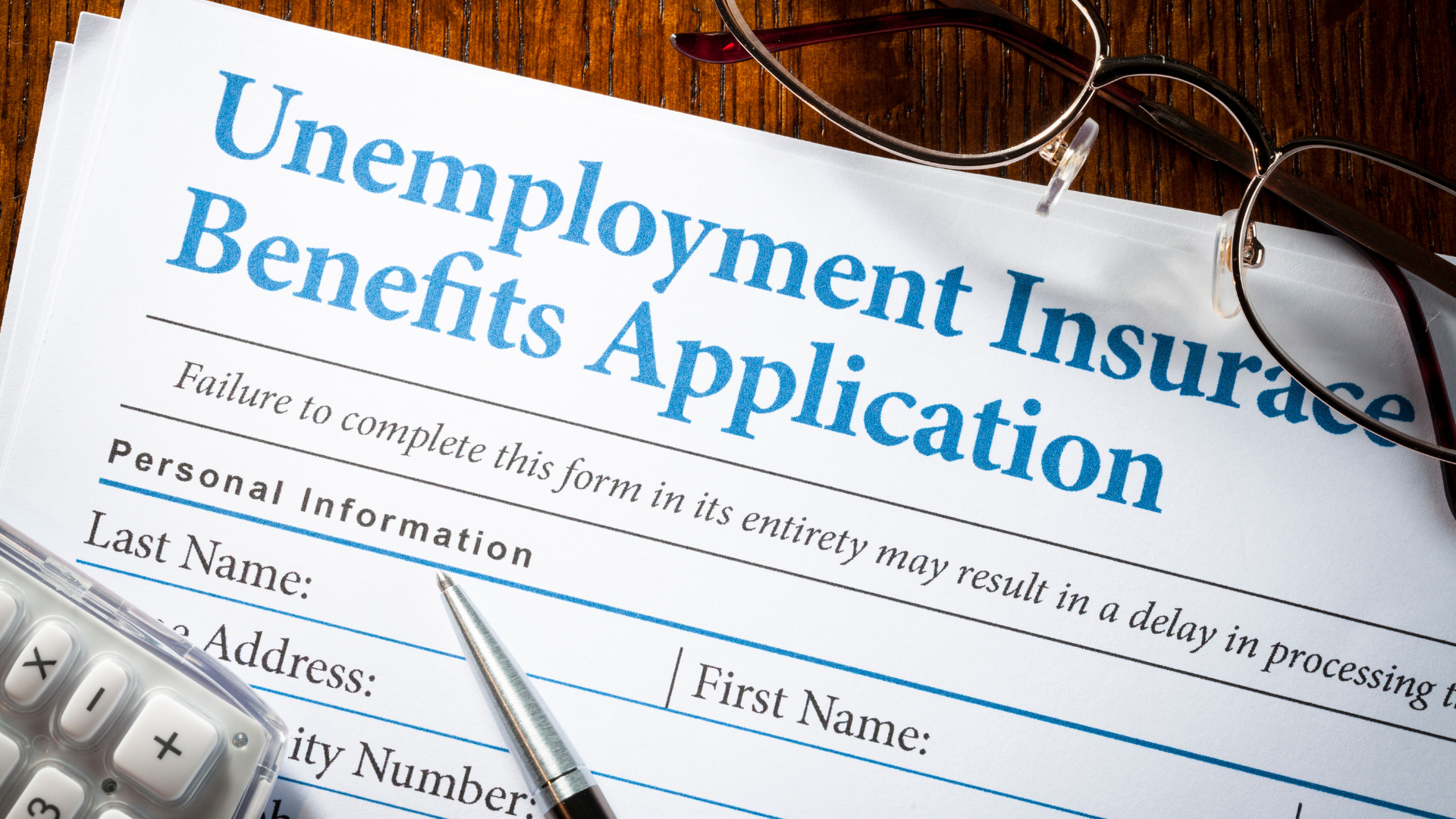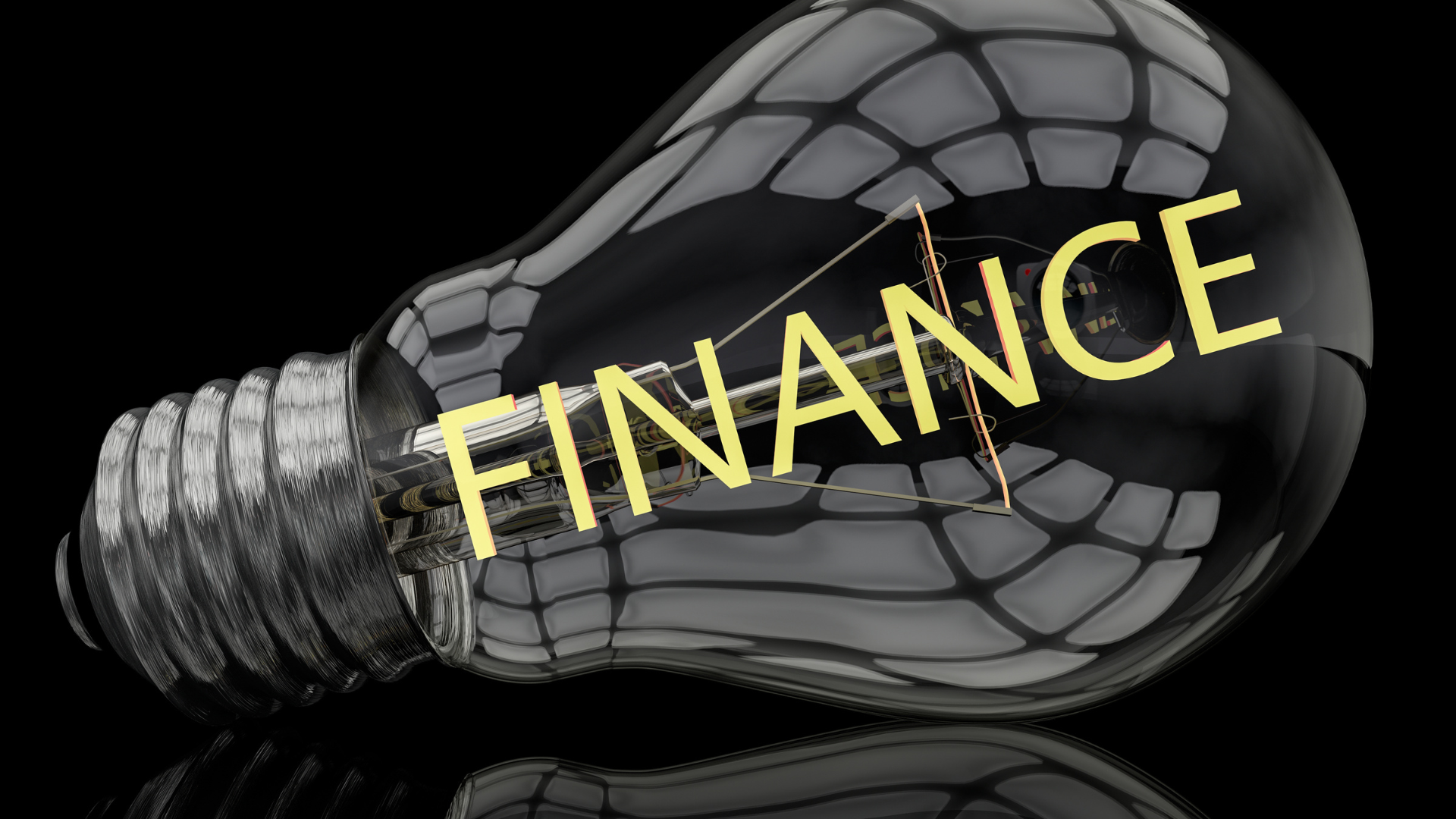Unemployment Insurance(UIP) is a federal program that provides income to unemployed workers during periods of unemployment. The U.S. economy is in a down cycle, and unemployment rates continue to rise. Over the past few years, many people have lost their jobs and no longer have a job, but they do not have the benefit of an unemployment insurance policy. In many states, employees that lost their jobs and still receive unemployment benefits do not have an unemployment insurance policy. However, this is not always the case.
If you have been out of work for a time, you probably have more than just the clothes that you are wearing on your back. You have expenses that require money, and perhaps you are struggling to find a job and are afraid of losing the money that you have.
The unemployment insurance policy is used to provide you with an income while you are unemployed. This is to prevent you from running out of money and being unable to pay your bills during that time. If you will be unable to work for a certain period of time and will not be able to support yourself financially, you will be eligible for unemployment benefits. This insurance is a type of insurance that is designed to help protect people who lose their jobs from financial hardship. The coverage is meant to replace a portion of your former income for a certain period of time, usually one year, so you can better get back on your feet and find a new job.
Unemployment insurance is a benefit that allows a worker who loses his or her job through no fault of his or her own to receive financial assistance. The amount of unemployment insurance varies between states and usually depends on the worker’s earnings. The insurance benefits are paid through a series of monthly benefits that keep pace with the worker’s earnings if they are lower than their previous wages.
How does unemployment insurance work?
If you are looking for a job in this economy, you are likely to be forced to look for a job for a long time. Insurance companies offer unemployment insurance programs to protect you from being forced to stop looking for a job. The program will pay you for the time you are out of work. The program is designed to cover the period when your employer is unable to provide you with a job.
For employers, the season of unemployment is largely a time of fear: what will you do? And for workers, it can be a time of confusion as well. For the government, unemployment insurance is a scary proposition. In any year, an estimated 10 percent of the workforce is out of work, and an estimated 4.8 million people apply for benefits from the Department of Labor.
The basics of Unemployment Insurance Policy
There are two types of unemployment benefits: Federal and state. Federal unemployment benefits (FUB) are paid by the federal government and are targeted at those who are unemployed through no fault of their own. State unemployment benefits (SUB) are paid by the state and targeted to those unemployed through no fault of their own. Unemployment insurance is a program designed to help those eligible for benefits or those individuals who lost their jobs by replacing part of what they earn for the time being. Both state and federal unemployment insurance systems provide unemployment benefits to help these people.
Unemployed people face a variety of challenges, from financial to self-esteem. Many people feel that the best way to overcome these weighty concerns is by looking for work. But if you’re out of work, there are other options available to you. An unemployment insurance policy can be a way to help you weather tough times. It’s important to know the benefits of this policy, so you can decide if you want to take advantage of them.
Benefits of unemployment insurance policy
An unemployment insurance policy is an insurance policy that provides benefits to unemployed people in the event of the loss of their job. Suppose the insured loses his or her job. In that case, the insurance covers the unemployed person’s expenses and unemployment benefits for a specified time period until he or she is unemployed no longer.




